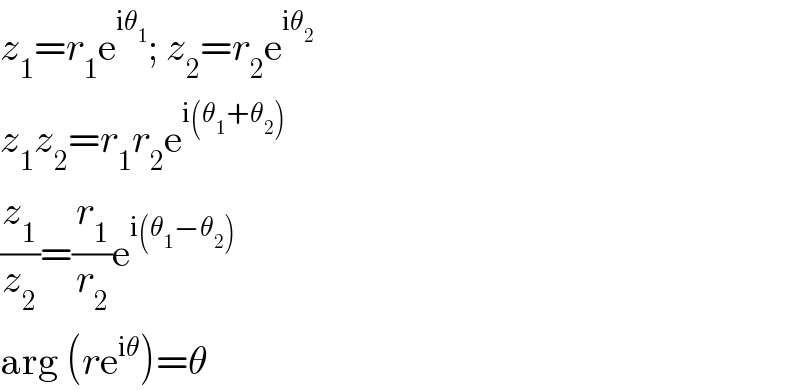
Question and Answers Forum
Question Number 70145 by Scientist0000001 last updated on 01/Oct/19

Answered by MJS last updated on 01/Oct/19

| ||
Question and Answers Forum | ||
Question Number 70145 by Scientist0000001 last updated on 01/Oct/19 | ||
 | ||
Answered by MJS last updated on 01/Oct/19 | ||
 | ||
| ||